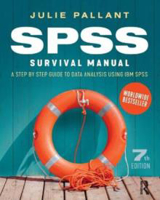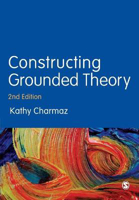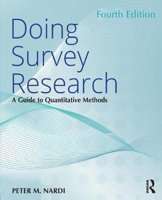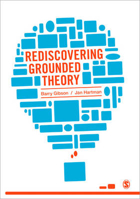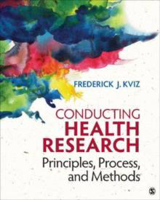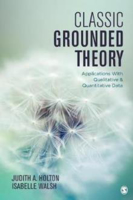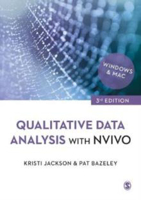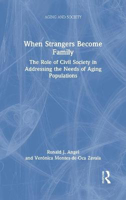Cookies help us deliver our services. By using our services, you agree to our use of cookies.
Shopping cart
Search
Sociology & anthropology
SPSS SURVIVAL GUIDE
€37.50
CONSTRUCTING GROUNDED THEORY
€47.50
Presenting readers with a reflective view of Grounded Theory from a constructivist perspective, this Second Edition continues to expertly introduce key debates in the field.
REDISCOVERING GROUNDED THEORY
€46.25
Looking back over the grounded theory debate and highlighting what's relevant to today's researchers, this book adeptly guides students through this often intimidating area
CONDUCTING HEALTH RESEARCH
€130.00
Conducting Health Research presents an integrated and practical introduction to the principles and strategies for planning, implementing, reporting, and assessing health sciences research. Comprehensive in its breadth and depth, with an accessible writing style, this text prepares students in public health and related fields to be adept researchers and consumers of health research.
CLASSIC GROUNDED THEORY
€62.50
This book provides practical step-by-step guidance for doing grounded theory (GT) using the classic approach articulated by Barney Glaser.
QUALITATIVE DATA ANALYSIS WITH NVIVO
€137.50
Practical, focused and jargon-free this book shows you the power and potential of NVivo software across a wide range of research questions, data types, perspectives and methodologies.
The Fairy Tellers: A Journey into the Secret History of Fairy Tales
€18.75
The surprising origins and people behind the world's most influential magical tales: the people who told and re-shaped them, the landscapes that forged them, and the cultures that formed them and were in turn formed by them.
Love and Choice: A Radical Approach to Sex and Relationships
€18.75
In LOVE AND CHOICE, Lucy Fry seeks to remind readers of the revolutionary power of choice and, when built into any relationship's foundation, the happiness it creates.
When Strangers Become Family: The Role of Civil Society in Addressing the Needs of Aging Populations
€162.50
This book examines the role of civil society organizations in defending the rights and addressing the needs of vulenerable groups, paying close attention to services for the elderly. The authors build on theories of state and non-governmental organizations to examine roles in the social contexts of Mexico and the U.S.

